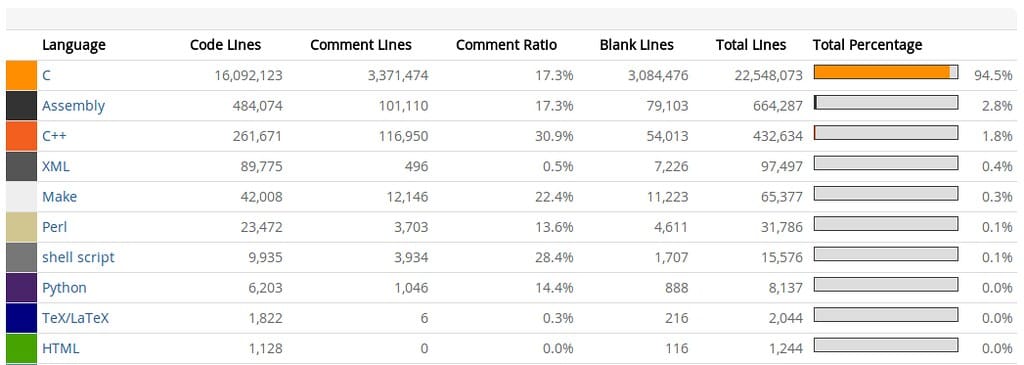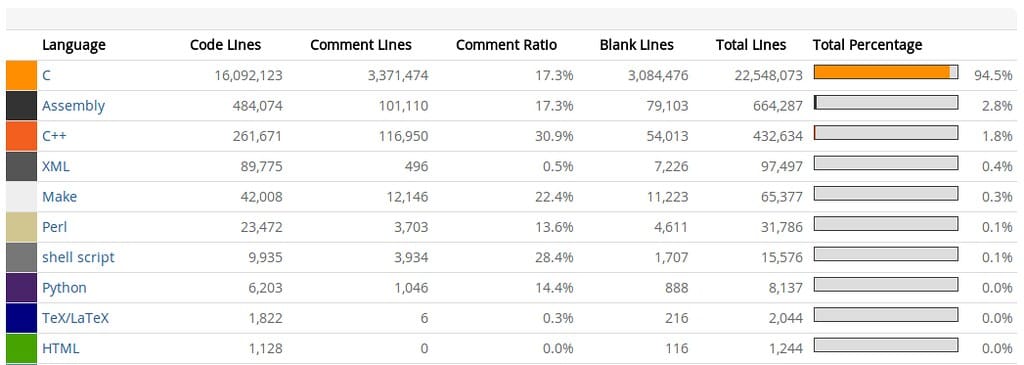Linux Civil War: Linus Torvalds Boots Bcachefs Filesystem Over Heated Developer Dispute
The Linux kernel community is reeling from one of its most dramatic developer conflicts in years, as Linus Torvalds has officially removed support for the Bcachefs filesystem following an explosive clash with its lead developer Kent Overstreet. This decision affects thousands of users and highlights growing tensions within the open-source community over code quality standards and developer conduct.
The Breaking Point
The controversy erupted when Overstreet publicly challenged Torvalds' authority during a heated exchange about code quality and merge policies. What started as technical disagreements about Bcachefs implementation quickly escalated into personal attacks and accusations of bias within the kernel development process.
Bcachefs, touted as a next-generation copy-on-write filesystem promising superior performance and reliability, had been integrated into the Linux kernel in version 6.7 after years of development. The filesystem garnered significant attention for its advanced features, including built-in compression, encryption, and snapshots—capabilities that positioned it as a potential competitor to established filesystems like Btrfs and ZFS.
Technical Excellence Meets Personality Clash
The underlying technical dispute centered on Overstreet's resistance to kernel maintainer feedback regarding code complexity and adherence to Linux kernel coding standards. Multiple kernel subsystem maintainers had raised concerns about Bcachefs' integration approach, citing violations of established protocols and excessive complexity that made code review challenging.
"The technical merit of Bcachefs was never in question," explains kernel developer Greg Kroah-Hartman. "The issue was always about working within the established development framework and accepting community feedback constructively."
Torvalds, known for his direct communication style but recent efforts toward more diplomatic discourse, reportedly made multiple attempts to address the concerns through normal channels before taking the drastic step of removal.
Community Impact and User Concerns
The removal affects an estimated 15,000+ users who had adopted Bcachefs for production systems, according to filesystem usage surveys from the Linux Foundation. Many enterprises and individual users now face difficult decisions about data migration and system architecture changes.
Database administrator Sarah Chen from a major tech company shared her concerns: "We've been testing Bcachefs for our backup infrastructure specifically because of its deduplication and compression features. This decision leaves us scrambling for alternatives and questioning the stability of newer kernel features."
The controversy has also reignited debates about the Linux kernel's governance model and whether Torvalds' role as "benevolent dictator for life" remains sustainable as the project grows increasingly complex and politically charged.
Industry Reactions and Alternatives
Major Linux distributions are now reassessing their filesystem strategies. Red Hat and Canonical have indicated they will continue supporting existing Bcachefs installations through backported patches but won't include it in future releases until the dispute resolves.
Meanwhile, competing filesystem projects are experiencing renewed interest. Stratis, Red Hat's storage management solution, reported a 40% increase in evaluation requests following the Bcachefs removal announcement. Similarly, OpenZFS developers noted increased community engagement and contribution offers.
The Path Forward
Overstreet has announced plans to maintain Bcachefs as an out-of-tree patch set, similar to how NVIDIA graphics drivers operate outside the main kernel. However, this approach significantly complicates adoption and maintenance for users and distributors.
Several prominent kernel developers have called for mediation to resolve the conflict, suggesting the technical merits of Bcachefs shouldn't be overshadowed by interpersonal disputes. The Linux Foundation has yet to comment on potential intervention measures.
Lessons for Open Source Governance
This incident underscores critical challenges facing large open-source projects as they balance technical innovation with community collaboration standards. The clash between individual genius and collective process highlights tensions that many projects struggle to navigate.
Key takeaways for the Linux community and broader open-source ecosystem:
- Technical excellence alone isn't sufficient—collaborative skills remain essential
- Clear governance structures help prevent personality conflicts from derailing projects
- User stability must be balanced against maintainer autonomy
- The cost of removing established features extends far beyond code repositories
As the Linux kernel approaches its fourth decade, this controversy may catalyze important conversations about modernizing governance structures while preserving the project's technical integrity and collaborative spirit. Whether Bcachefs returns to the mainline kernel likely depends on resolving not just technical issues, but the human dynamics that created this unprecedented situation.

